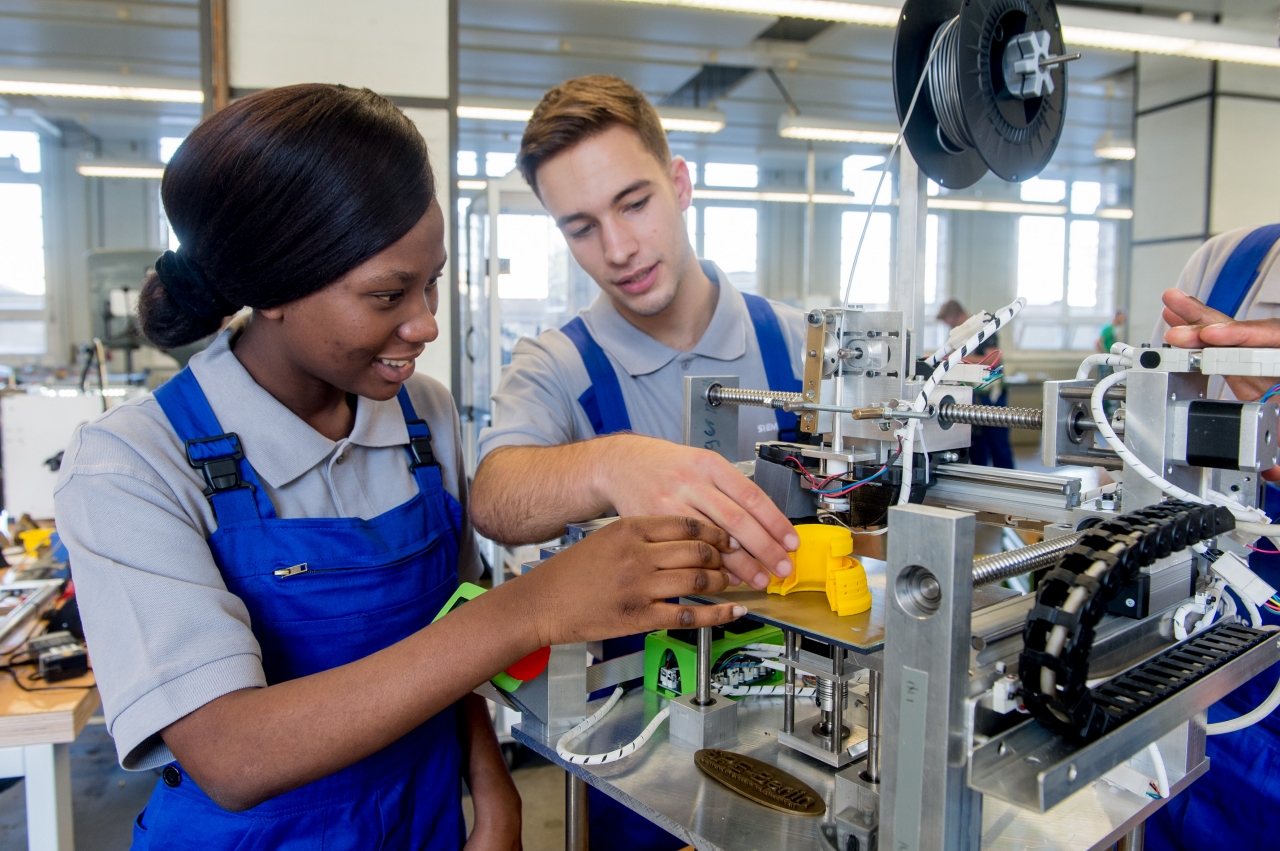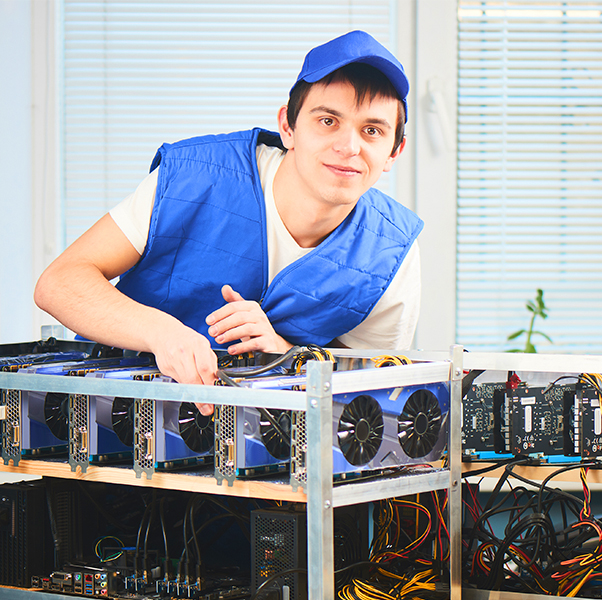Electrical and Instrumentation Technology (Building Automation Systems)

Program Objective:
The objective of the Electrical and Instrumentation Technology (Building Automation Systems) program is to provide quality educational training designed to meet the current and future needs of the electrical and instrumentation technology industry. Toward this end the following guidelines are established: assist students to choose, prepare for, enter and be gainfully employed in the electrician field; offer a program which emphasizes sound fundamentals while responding to the needs of this particular industry; and provide courses to meet current and specific needs of the student and this industry.
Program Outlook:
The Building Automation Systems program will help students develop the high-tech skills necessary for future employment in an exciting new field. Building Automation Systems all technicians to work in living labs where their primary responsibility is to focus on energy efficiency and sustainability. Automation is transforming the way facilities manage real-time energy consumption. Students will prepare for employment in this field by learning control theory, IT networking, electrical and mechanical systems, data analysis, energy management strategies, and systems integration. Building Automation Systems Technician (also referred to as Control/Automation Technicians) are responsible for providing technical solutions to automation-related tasks for their organization. Their responsibilities include designing program for logic controllers, as well as providing maintenance for programmable devices used in production equipment. They also ensure the correct performance of motion controllers and human-machine interfaces. They debug and repair control devices and minimize production loss, as well as create documentation based on the schematics and wiring plans for each device. Technicians must follow electrical regulations and inspect controllers to ensure code compliance.
Program Content:
The content includes but is not limited to communication skills, leadership skills, human relations and employability skills, safe and efficient work practices, and the technical training to support professional personnel in the engineering, design, development and evaluation of electrical and instrument systems.
- Diagnose, test, and debug complex equipment
- Program, modify, and audit programmable logic controllers PLCs)
- Create and audit maintenance tasks, procedures and logs
- Maintain documentation of downtime and repairs
- Build and implement improvement and fixes
- AC/DC Power Sources
- AC/DC Motors
- Motor Controls
- Transformers
- Over-current Protection and Grounding
- Industrial Power Distribution Systems
- Preventative and Corrective Maintenance
- Electrical Test Equipment
- Hydraulic and Pneumatic Systems
- Process Control Systems
- Instrumentation Drawing
- Technical Reporting
- Employability Skills and Safety
Length of Program:
The average length of this program is 1,800 hours, approximately 20 months, for adults if attending full-time in a clock hour trimester program. Actual time is dependent upon enrollment status, whether you are a full-time or part-time student, and the length of time necessary for the student to achieve competencies. This program contains several occupational completion points designed to prepare students for various entry level jobs within this occupational area.
Admission Requirements:
- Students must be at least 16 years old and not attending high school
- Application
- Interview by a guidance counselor
- Fees for supplies and textbooks are required.
Entrance Dates:
This program operates on an open-entry, open-exit basis. Students may enter the program anytime during the school year. Entrance is dependent upon space availability. Call (305) 557-1100 for more information.
Graduation Requirements:
- Completion of all Occupational Completion Points (OCP’s)
- Satisfy Basic Skills Requirements
Mathematics 11 Language 10 Reading 10 - No financial obligations
- Students must complete the Clearance packet to received program certificate
| OCP | COURSE NUMBER | COURSE TITLE | COURSE LENGTH |
|---|---|---|---|
| A | EEV0650 | Electrician (Construction) | 350 hours |
| B | EEV0652 | Instrument Mechanic | 350 hours |
| C | EEV0654 | Electrician Maintenance | 300 hours |
| D | EEV0656 | Instrument Technician | 400 hours |
| E | EEV0658 | Operating Engineer Assistant Stationary | 400 hours |
Program Cost:
- In-state residents—$2.56 per hour (Subject to change)
- Out of state resident—$10.25 per hour (Subject to change)
- $20.00 application fee
- Material fee—Varies by program
- Identification Card fee—$5.00 per trimester
- Students must purchase books/kits and/or uniforms, if applicable
Program Hours:
Monday—Friday 7:20 am—1:00 pm
Monday—Thursday 5:30 pm—10:30 pm
Approximately Total Cost:
$6,015
Career Opportunities:
An entry-level Control/Automation Technician, Building Technician, HVAC Controls Technician
Salary:
An entry-level Control/Automation Technician with less than five years of experience can expect to earn an average compensation of $48,000-$60,250.
Employment Requirements:
There are no formal educational requirements for becoming a Building Automation Systems Technician. However, most employers often give preference to applicants who have completed formal training at a technical college
Job Outlook:
Employment of electrical and electronics engineering technicians is projected to grow 2% from 2020 to 2030.
Get In Touch
Manufacturing



